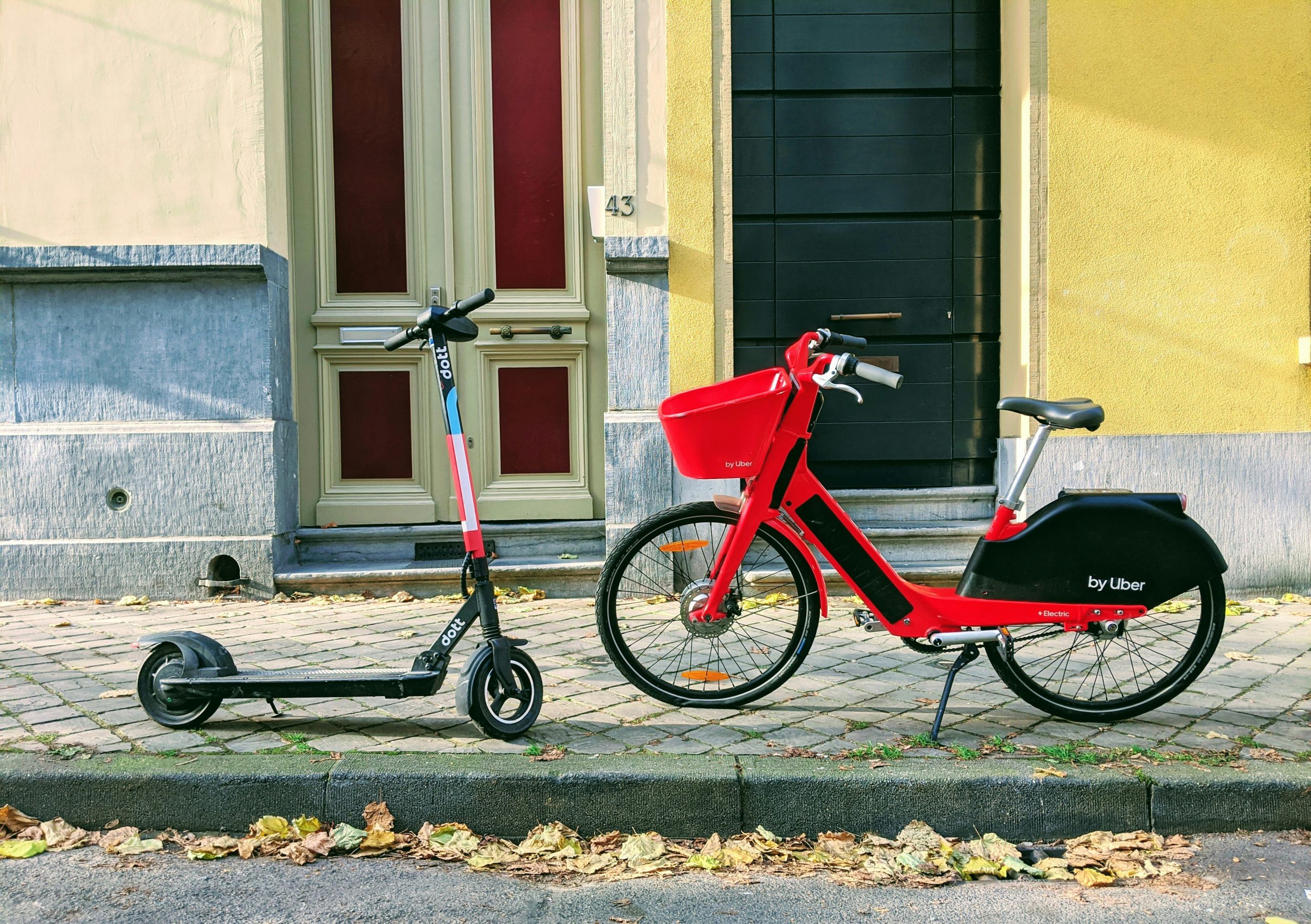The future of urban mobility is one of the main challenges associated with small and big cities. More and more people live in urban centers and it is therefore essential to find innovative solutions so that mobility is increasingly efficient and sustainable.
Technology can play, in this context, a fundamental role, and open new possibilities for a more sustainable future of urban mobility.
Electric and autonomous vehicles: a new age
Electric and autonomous vehicles are revolutionizing the way we move. Not only they reduce harmful emissions, but they also offer significant advantages regarding effectiveness and safety. Thanks to new technologies such as sensors and artificial intelligence, these methods are more and more reliable and safe, making us accelerate towards an ecological and sustainable future of urban mobility. Pilot projects are emerging in various parts of the world, demonstrating the great potential of these innovations.
Shared mobility platforms: a new frontier of public transport
Ride sharing, bike sharing, are all examples of shared mobility platforms that are changing the public transport. These options, in fact, are flexible and convenient, and by promoting resources’ sharing not only do they reduce road congestion but they take us one step closer to sustainability and the reduction of carbon emissions.
Smart infrastructures: the core of future urban mobility
Urban infrastructures are becoming smarter and more reactive each day thanks to technology. Sensors and monitoring systems make traffic management more efficient and safe, smart traffic lights together with vehicle flow management systems help reduce traffic and road congestion, two very important challenges for the cities of the future.
Sustainability and inclusion
In planning the future of urban mobility, the core values could and shoul be sustainability and inclusion. Technology should have a fundamental role in guaranteeing sustainable and accessible solutions. The technologies we are developing will have to take into account the needs and preferences of the entire urban population, to build livable and inclusive cities.
technological innovation, therefore, permeates the future of urban mobility. Public and private sector could and should collaborate to develop solutions that are sustainable for the environment and the economy and accessible to everyone. To respond to the needs of communities it is therefore essential to maintain a user-centred approach, which guarantees more livable and inclusive cities.


